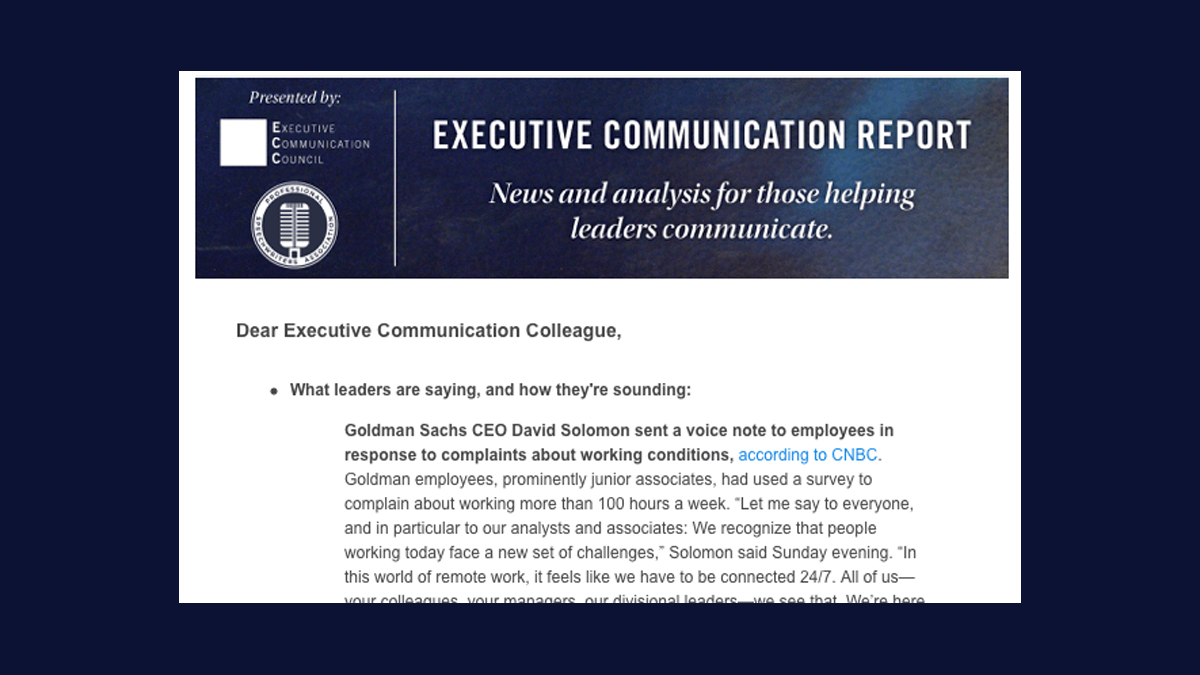Curbing the Bite in the Beast of Our Words
March 31, 2021
I'm not proposing that we shy away from speaking truth. But perhaps we start by first doing no harm.
It’s a rainy Sunday afternoon, I have a pot of soup simmering on the stove, and a stew of thoughts from last week rumbling and bubbling in my head. Soup ingredients include chicken, rice, onion and thyme. The cognitive stew is a bit more complicated, a messy mix of events and meditations from last week.
On Wednesday, I listened to Irish poet and theologian Pádraig Ó Tuama read his lovely words – and speak of his work leading Ireland’s oldest peace and reconciliation organization, the Corrymeela Community. If you haven’t read his poetry, prose and prayer, consider this my gift to you: find him, settle in with a cuppa tea – or Sunday soup – and be drawn into something that will leave you breathless and breathful, if such a thing is possible. (And as the faithful Pádraig would tell us: all things are possible.)
On Friday, I joined one hundred-plus speechwriters assembled from points around the globe for a day-long Zoom conference called “Communicating to Understand.” The summit was convened by my friend David Murray, executive director of the Professional Speechwriters Association, editor and publisher of Vital Speeches of the Day, and author of An Effort to Understand, a remarkably insightful, timely and truth-telling book about communicating more kindly and constructively in a discordant world. (Perhaps, with a few of Pádraig’s prayers, that too may be possible.)
Those of us who came together are believers, communicators and speechwriters serving business, government, academia, non-profits. We believe in the power of words. We love writing them, reading them, staring into space as we chart their trajectory, and watching them land with smooth-as-glass grace or with a Shamu splash.
We may sleep in on Sunday, but we showed up on what might be considered a speechwriter’s sabbath, Friday, when manuscripts are saved and sent and there are stories to be told at happy hour.
I can’t speak for the others, but here’s why I showed up on Friday, and on Wednesday.
My faith in the religion of rhetoric has been shaken this last half-decade or so. I used to be positively evangelistic about what well-chosen, well-crafted words could accomplish. Send men to the moon! End wars and heal divisions! Uplift us from despair, bring us to our knees, be the rhythmic beat to which we march in in the street. Words are not just our stock in trade, they are our salvation. Our means of connecting spirit and soul. Pádraig uses the metaphor of shelter and storm. He says we lift words in prayer from the place where we are. Often those are places of storm from which we seek shelter.
We’ve been in one helluva tempest.
And it feels as if words have been weaponized …. hurled grenade-style across the Twitter-verse transom. The fine art of debate has devolved into gutter graffiti. We shout over one another, talk around real issues and retreat to tribal echo chambers. Try as we might, at a time when the stakes are so high and so much depends on a genuine, give-it-all-we-got, honest-to-God try—we seem to fail at every turn in conversing as a nation and as neighbors.
So, I have become somewhat agnostic about words. Not ready to wave the white flag, but also a little less optimistic about our chances, and adrift as to what we can do about it.
The conference of speechwriters was a seeking of shelter. We didn’t solve the world’s problems or quell the squall of societal discord. But we came together. With ideas. And questions. With concern. And with, of course, words.
Judging by the tenor of the day, and the deer-in-the-headlights glaze on the faces of some of us – many of us – I think we are collectively worried about what has happened, how to right things, and if that’s possible. (all things are possible).
We realized we shoulder some of the blame for the sorry state of affairs we find ourselves. We’ve yelled at the T.V., followed folks who think like us, unfollowed those who don’t. We may have written things we’re not proud of, promoted positions we don’t agree with, used our superpowers for less than good.
But we are here now. In the pews and confession box of Zoom. In the company of good. On the path to recasting how to communicate more humanely.
And it occurs to me that the effort feels much like the process of reconciliation Pádraig describes. Reconciliation, like good communications, is a multi-party process. One person can forgive, or even speak into a vacuum. But it takes two or more people to reconcile, to connect and to converse.
Reconciliation is also an outward, ongoing process. It involves listening, understanding and acceptance of disparate views. As Pádraig writes in his book Daily Prayer with the Corrymeela Community, “At Corrymeela, we do not seek to undo differences, merely we hope and pray that we can learn to hold our differences differently.”
Here is something else that struck me. Pádraig tells the story of Jesus calming a storm by a command that is translated in most languages as “Be quiet.” But in Greek, the word is stronger: “Be muzzled.”
Muzzled—a word that raises the hair on our necks and ire in our free speech-loving guts. But it is meant to prevent from harm, as in muzzling a pit bull to keep him from biting and drawing blood. And paired with ‘be’—be muzzled—it implies self-restraint, not infringement by others.
I’m not proposing that we water down our words to milquetoast, or that we shy away from speaking truth. After all, truth and reconciliation go together, in Northern Ireland and South Africa and other places that have done the long, laborious work of building bridges to understanding—and to shelter.
But perhaps we start by first doing no harm, curbing the bite in the beast of our words. Choosing language and metaphors and stories that are positive, productive and hopeful. Perhaps we seek shelter, not storms.



